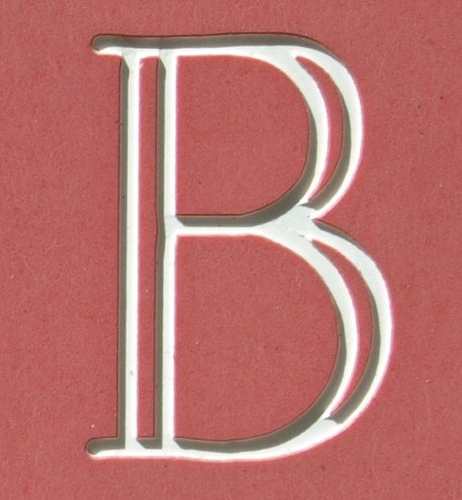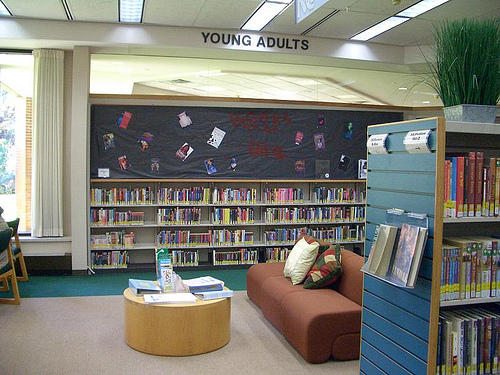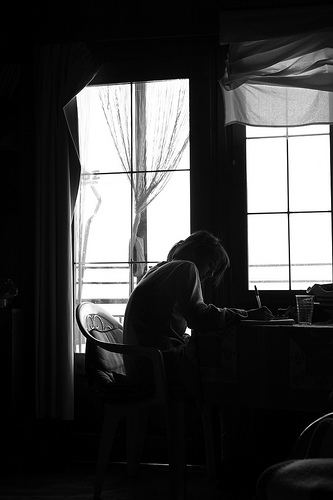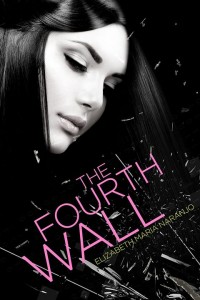
Image from Flickr by cameraslayer
The month before a book release feels a lot like the final month of a pregnancy. Obviously not the physical aspects like swollen ankles and freakish ballooning belly, although there are the occasional moments of shortness of breath, triggered by the knowledge that something intimate and protected inside you will soon be exposed.
But it’s more the sense that you’re rushing toward a conclusion and a beginning, and that you’re ready for neither. You’re afraid and insecure and hopeful and exhilarated. You’re caught in a mess of daydreams—there are a hundred things left to do and you can’t focus on even one.
I remember the first time I walked into a Babies-R-Us, feeling incredibly alone. I stood in that enormous store, wielding a gray scanner, and wondered what on earth to choose. The girls throwing my baby shower told me to scan everything I needed; people love buying baby gifts, they said. But I didn’t know what I needed.
One mother told me a crib was absolutely necessary; another scoffed and said, “Sure, they make great laundry baskets.” One friend advised me to pick a changing table, but I’d read that babies have a tendency to roll off of those. (Now that I’ve been through it twice, I can tell you that the only piece of new furniture a mother needs is a good rocking chair.)
Trying to prepare for a book launch is just as confusing. Everyone who’s been through it has a different opinion. There are so many things you CAN do, but which ones are really necessary? Press releases, press kits, blog tours, radio interviews, launch parties, social media, book signings, blog posts, giveaways, speaking engagements, conferences, festivals, bookmarks, book charms, postcards, flyers—the list goes on.
It’s easy to become paralyzed by so many choices, and to think, “I’ve waited a long time for this day and I’m SO ready for it to be here but…WAIT, I’m not ready!”
Too bad. June is coming, and it’s going to be crazy, and it’s going to be great. And at least I got the bookmarks.






















Connect With Me